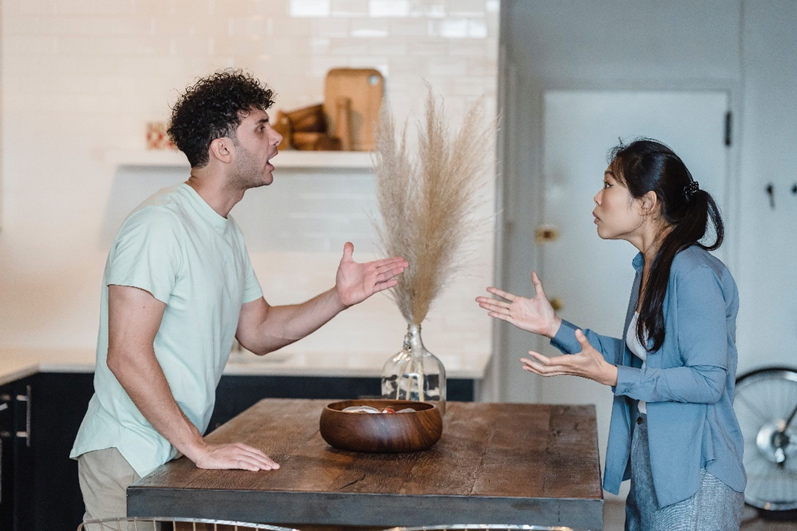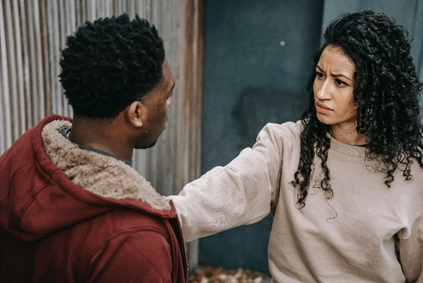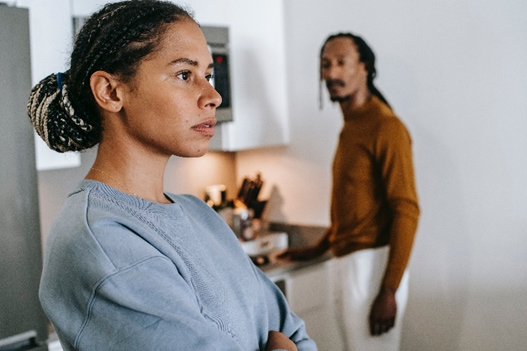Discernment Counseling
We are not sure if we want to stay married. Should we even try couples counseling?

Discernment Counseling might be a good fit for you if:
- One or both of you isn’t sure if you want to save the marriage or if it’s worth saving.
- One or both of you can’t see how things could change enough to save the relationship; you don’t know where to start fixing things.
- Conversations between you don’t seem to get you anywhere productive and leave both of you feeling hurt, frustrated, or feeling hopeless about the marriage.
Avoid wasting your couples therapy time playing relationship chicken.
“I’ll make changes here, when you start doing this.”
“I’ll try on days I feel ok about the relationship, but when it gets hard, I’ll fantasize and prepare for divorce.”

You will gain understanding and confidence about what steps could move your marriage in a different direction and your own desires in the relationship.
You will explore how each of you contributed to the problems your marriage is facing and ways you may be perpetuating negative patterns.
You will develop a deeper understanding of the relationship today so you can decide whether to continue the status quo, repair things, or be done with the relationship.
WHAT DOES THE PROCESS LOOK LIKE
Discernment happens over 1-5 sessions, but you only commit to one session at a time. You decide each session whether you are willing to continue the conversation. Following discernment counseling you each determine which path you want to take and if you choose reconciliation- you then (and ONLY THEN) enter the season of “relationship rehab” through focused couples counseling. You may decide that you are willing to consider trying if that could change the look of your relationship; or you might decide that you are not willing to put in any more work. No pressure! The choice belongs to each individual whether to continue working on the relationship.
Your counselor will approach you without judgement regardless of what you ultimately decide. They are not there to judge you or convince you and will attempt to help your partner avoid the same. Your counselor will also help you explore the possibility of restoring the relationship and what that might look like.

Sessions are divided between couple conversations and individual sessions with each spouse and the therapist. You will look at your problems from your perspective, your spouse’s, and an objective therapist to better understand what has gotten you where you are and each of your contributions to the problems.
You will agree to a particular time frame for the discernment process. During that time you agree to fully participate, stop threatening divorce in the midst of conflict, stop assuming that your partner will ultimately decide to stay married and focus on your own understanding, change, and growth. Your counselor will help you decide on your commitments during the process and try to help make sure you “fight fair” throughout.
At the end of the process you may have an improved marriage and renewed commitment, but if you choose to walk away, you will also know that you did all you could to see if things could be resolved. You will also better understand patterns of disfunction or pain, so you will be less likely to continue repeating them in future relationships.

Call the office today at 651-560-0050 to try discernment counseling for your marriage.
